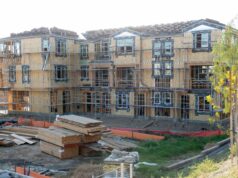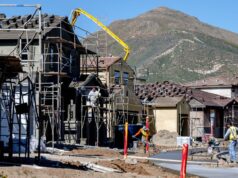Kelly G. Richardson
Q: Our HOA continues to have meetings without posting a proper notice, no agenda. The directors receive an agenda, but the members do not. Is this considered an illegal meeting? And if so, do all the discussions and votes taken at this meeting need to be redone at a properly noticed meeting? — B.B., San Clemente
A: Boards may not discuss or act upon any non-emergency items unless that item was on a published agenda at least four calendar days before the meeting, per Civil Code Section 4930(a). There are two exceptions — emergencies (Section 4930(d)(1)), or if something arose after agenda posting, requires immediate action, and a two-thirds vote of the directors to add it to the agenda (Section 4930(d)(2)).
The agenda must be sufficiently specific to allow members a reasonable opportunity to determine if they wish to attend the deliberations or even to address the board during the open forum.
In about 2016, a landowner partnership sued the Rancho Santa Fe Association regarding the denial of its proposal to develop some land within the association. One of the partnership’s arguments was that the board did not adequately disclose the topic on the published agenda; therefore, the HOA’s decision was invalid.
At the appellate level, the court in 2018 issued its decision in Golden Eagle Land Investment LP v. Rancho Santa Fe Association, ruling in part that the HOA’s agenda was sufficient to inform the members of the topic to be discussed.
Agendas should be fair and reasonably informative to the members served by the board.
Q: We saw your writing which clearly explained HOA boards must follow Civil Code 4090(b). However we have been told the governor’s July, 2022 proclamation states California is in “emergency” status and it replaces 4090(b). My reading is that the proclamation speaks to be prepared if Monkeypox becomes an epidemic. Our board is advised that it is in “emergency” status and does not have to follow Section 4090 and can maintain virtual-only meetings. What is correct? — L.B., Martinez.
A: There continue to be many erroneous statements on this issue, creating further confusion for California HOAs.
In short, the Davis-Stirling Act requires that, if the board is meeting using telephone or virtual platform, there must be a physical location where someone can observe the meeting without using the telephone or virtual platform.
Last year, an emergency bill was passed in September, creating a new section 5450, which allows purely virtual meetings to occur during times of declared local or state emergency. However, there isn’t ANY emergency allowing the application of the statute, because the declared emergency does not make the in-person meeting unsafe or impossible.
I am not aware of any California jurisdiction that in 2021 or 2022 has barred in-person HOA meetings from occurring – so the statute does not presently apply.
Consequently, HOAs cannot have purely virtual open board meetings and must comply with Civil Code Section 4090 by having a physical location at which a member can attend.
It is unfortunate that there is so much noncompliance with the statute. HOAs must catch up and return to in-person or hybrid meetings in order to comply with the law and also provide the greatest transparency to their members.
Kelly G. Richardson CCAL is a Fellow of the College of Community Association Lawyers and Senior Partner of Richardson Ober LLP, a California law firm known for community association advice. Submit column questions to kelly@roattorneys.com.











